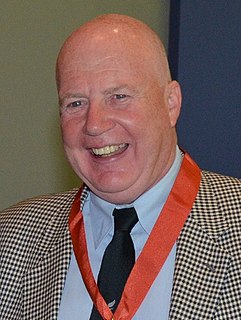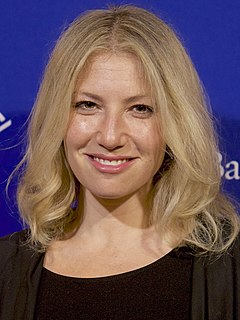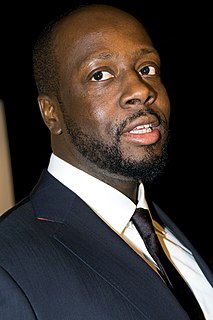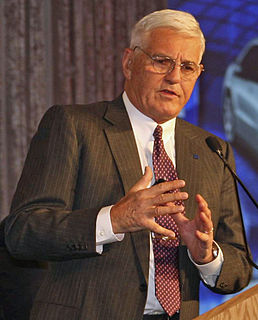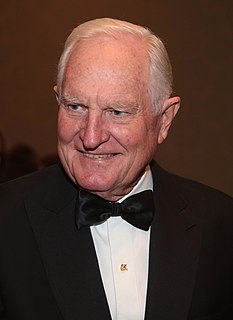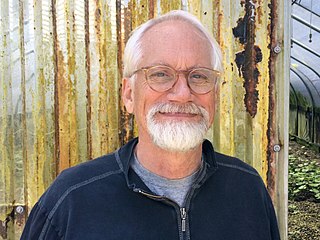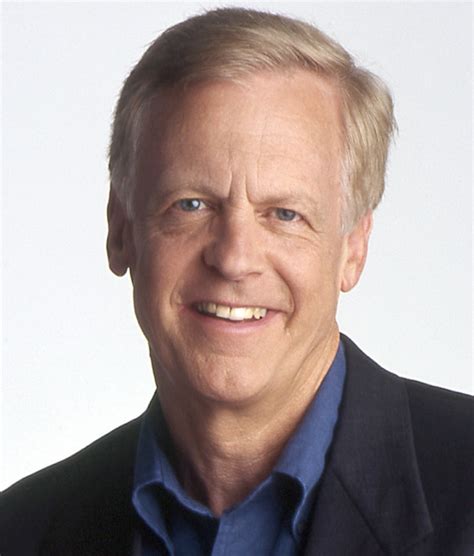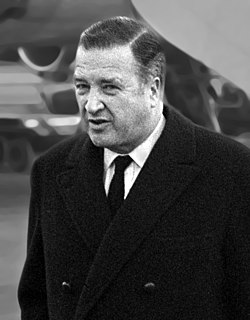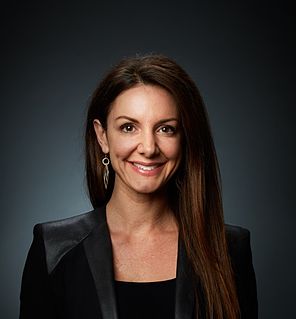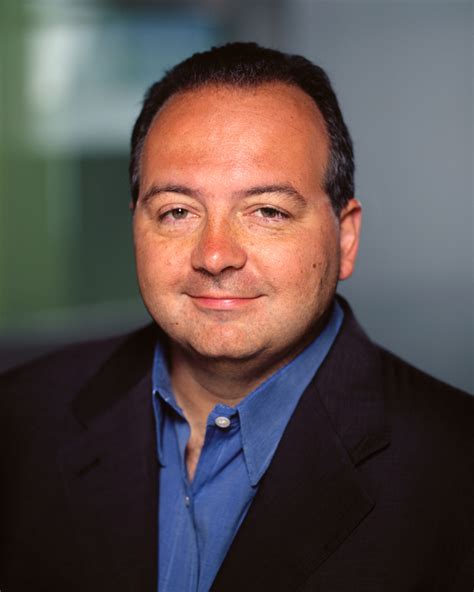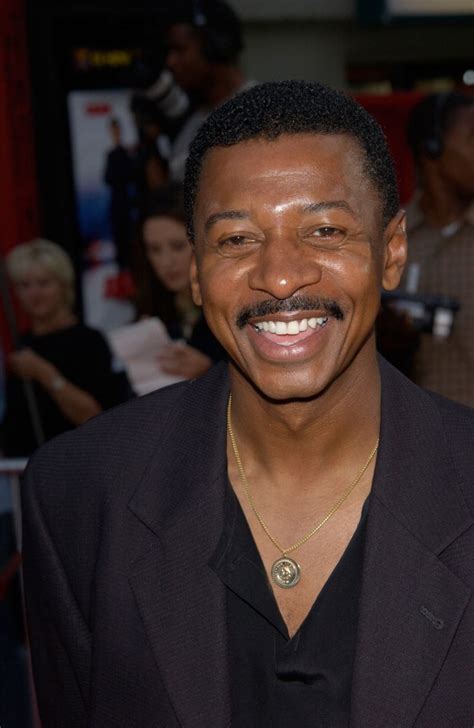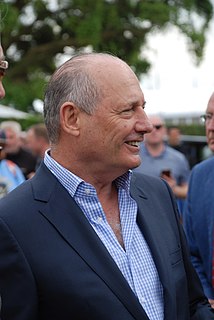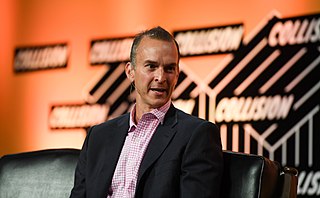A Quote by Kevin Roberts
The Web is functionally fantastic, but it's a tool. A terrific place to present information but not, at this stage, a tenably emotional location.
Related Quotes
A place (lieu) is the order (of whatever kind) in accord with which elements are distributed in relationships of coexistence. It thus excludes the possibility of two thing being in the same location (place). The law of the 'proper' rules in the place: the elements taken into consideration are beside one another, each situated in its own 'proper' and distinct location, a location it defines. A place is thus an instantaneous configuration of positions. It implies an indication of stability.
All fiction, if it's successful, is going to appeal to the emotions. Emotion is really what fiction is all about. That's not to say fiction can't be thoughtful, or present some interesting or provocative ideas to make us think. But if you want to present an intellectual argument, nonfiction is a better tool. You can drive a nail with a shoe but a hammer is a better tool for that. But fiction is about emotional resonance, about making us feel things on a primal and visceral level.
The 'gatekeepers' became a term of revile. But when you think about the flow of information, I personally value immensely the calibration a news organ, whether it's on the web or in print, brings to the floodwaters of information. I haven't the time to read all the dispatches of the Associated Press, for example. It's fantastic what they put out, it's extremely good, from all over the world. I like when someone acts as a filter.
People tend to think of the web as a way to get information or perhaps as a place to carry out ecommerce. But really, the web is about accessing applications. Think of each website as an application, and every single click, every single interaction with that site, is an opportunity to be on the very latest version of that application.
